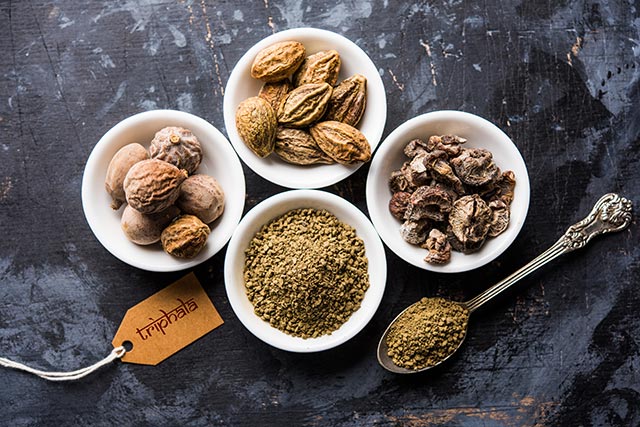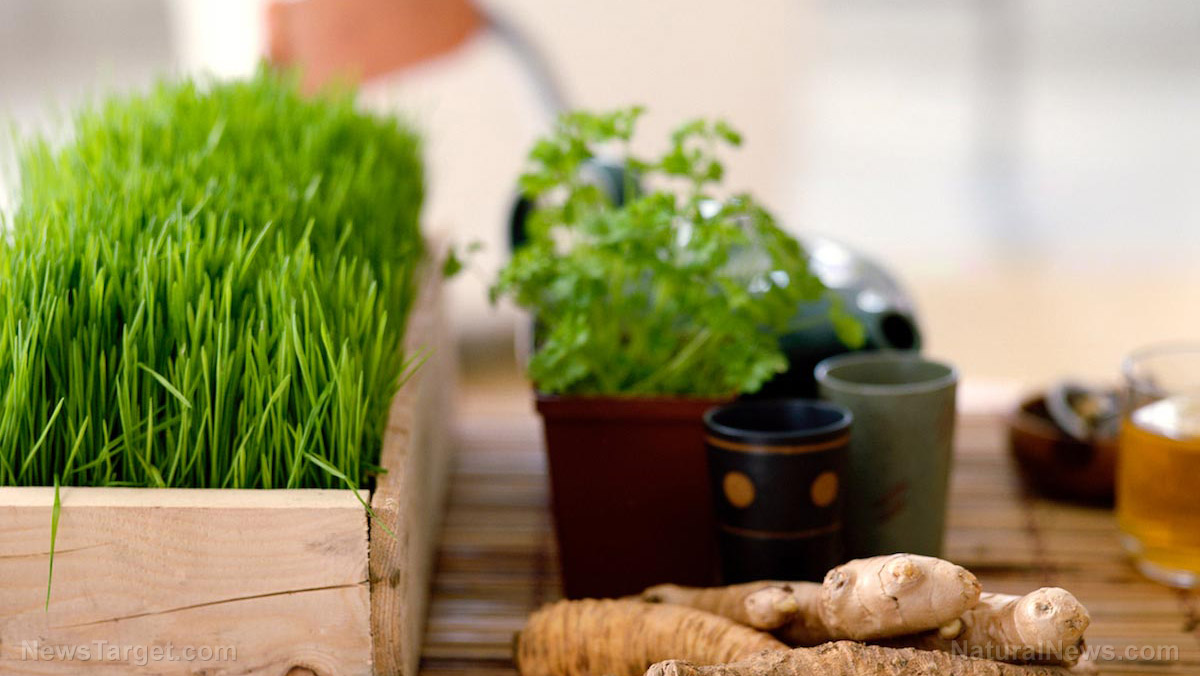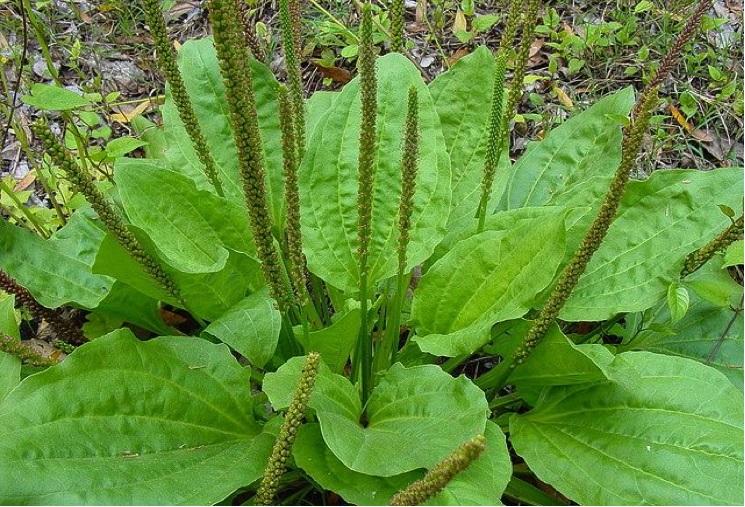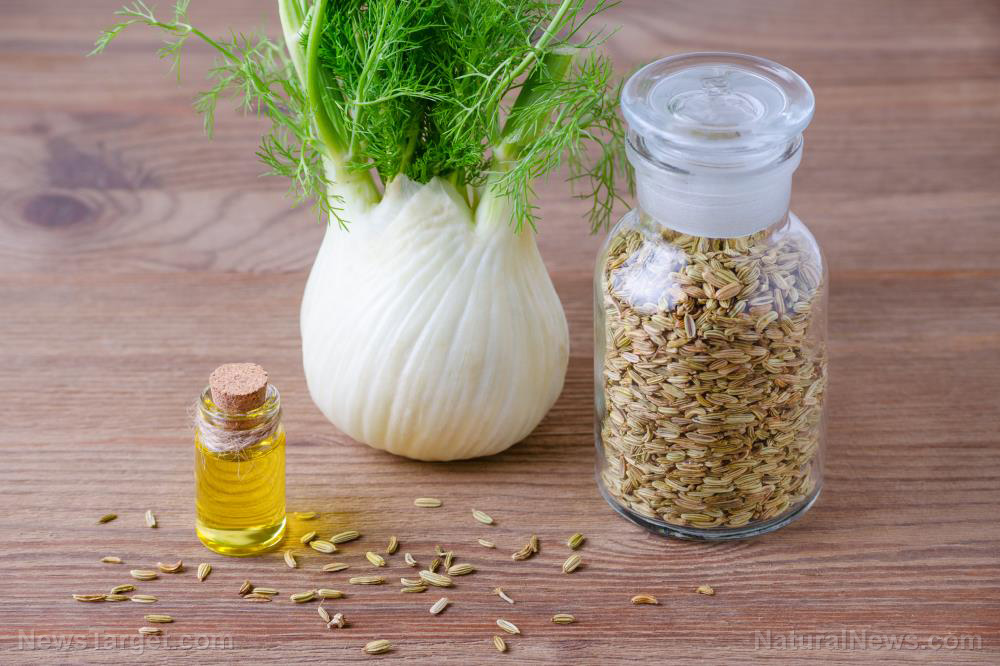3 Ayurvedic remedies that can enhance immunity
04/01/2020 / By Divina Ramirez

Over the past two months, the global population has seen an exponential growth in cases linked to the new coronavirus disease (COVID-19). Transmission largely depends on factors like cleanliness and immunity. But despite the virus’s rate of transmission, recovery is possible given a strong immune system.
Fortunately, holistic measures can reduce the risk of infection by enhancing immunity, such as proper nutrition, exercise and personal hygiene. Additionally, remedies that use nutrient-dense superfoods can significantly bolster immune responses to infection and disease.
In particular, remedies that draw from traditional Ayurvedic practices are known to boost body functions including immunity, metabolism and blood circulation. Ayurveda is an ancient Indian practice that started over 5,000 years ago. It makes extensive use of herbs, plants and spices to eliminate impurities, treat symptoms of diseases, reduce stress and improve the overall quality of life.
The following are known herbal remedies based on Ayurvedic principles.
Tulsi ginger tea
Tulsi, or holy basil, is a medicinal herb that is widely used by Ayurvedic healers. As a member of the mint family, tulsi is known as a potent soothing agent that can greatly reduce stress levels. Tulsi also acts as a tonic to restore physiological balance and improve well-being.
As a medicinal herb, tulsi is often used to create remedies that incorporate various plants and spices like lemongrass and peppercorn. But tulsi, along with ginger, is commonly used to create an herbal tea that can relieve symptoms of the common cold like cough, chills and sore throat.
Tulsi is often used together with ginger due to the latter’s anti-inflammatory properties. As an antioxidant, ginger can also combat disease-causing pathogens. It is also used to treat stomach aches, motion sickness and joint pain.
Ingredients:
- Water
- Tulsi
- Ginger
Instructions:
- Chop ginger and tulsi leaves.
- Boil a cup of water.
- Add the chopped ginger and tulsi leaves. Boil the mixture for 5–7 minutes.
- Strain the mixture into a teapot or container.
- Add raw honey to taste.
- Serve hot.
Garlic milk
Botanically speaking, garlic is classified as a vegetable. But due to its strong aroma and flavor, garlic is often used as a spice than a vegetable. Like onions, leeks and chives, garlic contains sulfur-rich compounds that have anti-inflammatory and antibacterial properties, such as allicin, alliin and ajoene. Garlic also acts as an antioxidant agent to treat joint pain, toothaches, chronic coughs and constipation. Garlic is also believed to be a potent blood purifier.
However, Ayurveda discourages excessive consumption of garlic because it is said to stimulate carnal energy. That being said, garlic milk is a popular Ayurvedic remedy due to its antiviral and anti-inflammatory effects. It is also typically consumed before bed because it can cause sleepiness.
Ingredients:
- Raw or unpasteurized milk
- 10–13 garlic cloves
- Water
Instructions:
- In a saucepan, mix one part milk to four parts water.
- Wrap the garlic cloves with a thin cotton cloth and tie using a string.
- Steep the bag in the milk and water mixture.
- Heat the saucepan over a low flame until the mixture is reduced to about a cup of water.
- Remove the bag of garlic cloves.
- Pour the mixture into a teapot or container.
- Add honey, cinnamon or muscovado to taste.
- Serve warm.
Turmeric buttermilk
Turmeric is a popular Indian spice used in various dishes including curry, oatmeal and salads. It contains bioactive compounds, such as curcumin, that have antioxidant and anti-inflammatory effects against heartburn, constipation and diarrhea. Turmeric consumption also enhances immunity and prevents the onset of chronic diseases and premature aging.
Ayurvedic medicine has featured the use of turmeric for thousands of years. Turmeric’s reputation as a potent remedy is so widespread that it is currently considered to be the go-to solution of Indian households for various ailments. Turmeric buttermilk, a popular Ayurvedic recipe, is commonly used to restore digestion.
Ingredients:
- Plain yogurt
- Cold water
- Turmeric powder
Instructions:
- Blend the plain yogurt for 3–5 minutes.
- Add cold water to the mixture and blend again for another 3–5 minutes.
- Discard the foam on top of the mixture.
- Repeat the process until the yogurt appears watery. It should have a white, cloudy appearance when ready.
- Add the turmeric powder. Stir the mixture manually.
- Add unrefined salt or chopped cilantro leaves to taste.
- Pour the mixture into a glass or container.
- Serve at room temperature.
A strong immune system can reduce the risk of contracting viral and bacterial infections. Remedies that use antiviral and antibacterial superfoods can greatly enhance immunity.
Sources include:
Tagged Under: alternative medicine, ayurvedic herbs, Ayurvedic medicine, clean food, disease treatments, food cures, food is medicine, functional food, herbal medicine, Herbs, immune system, longevity, natural cures, natural medicine, pain relief, prevention, remedies, stress relief
RECENT NEWS & ARTICLES
COPYRIGHT © 2017 REMEDIES NEWS



















